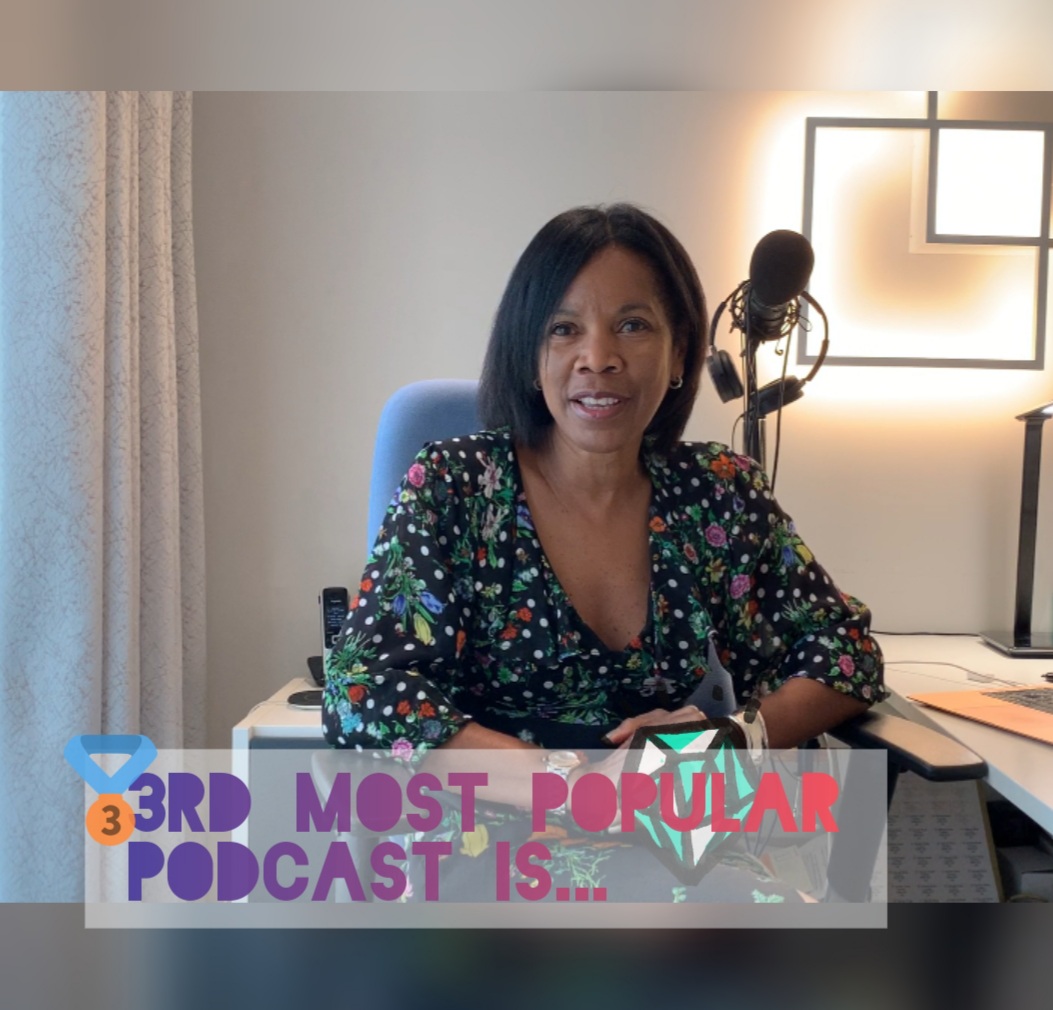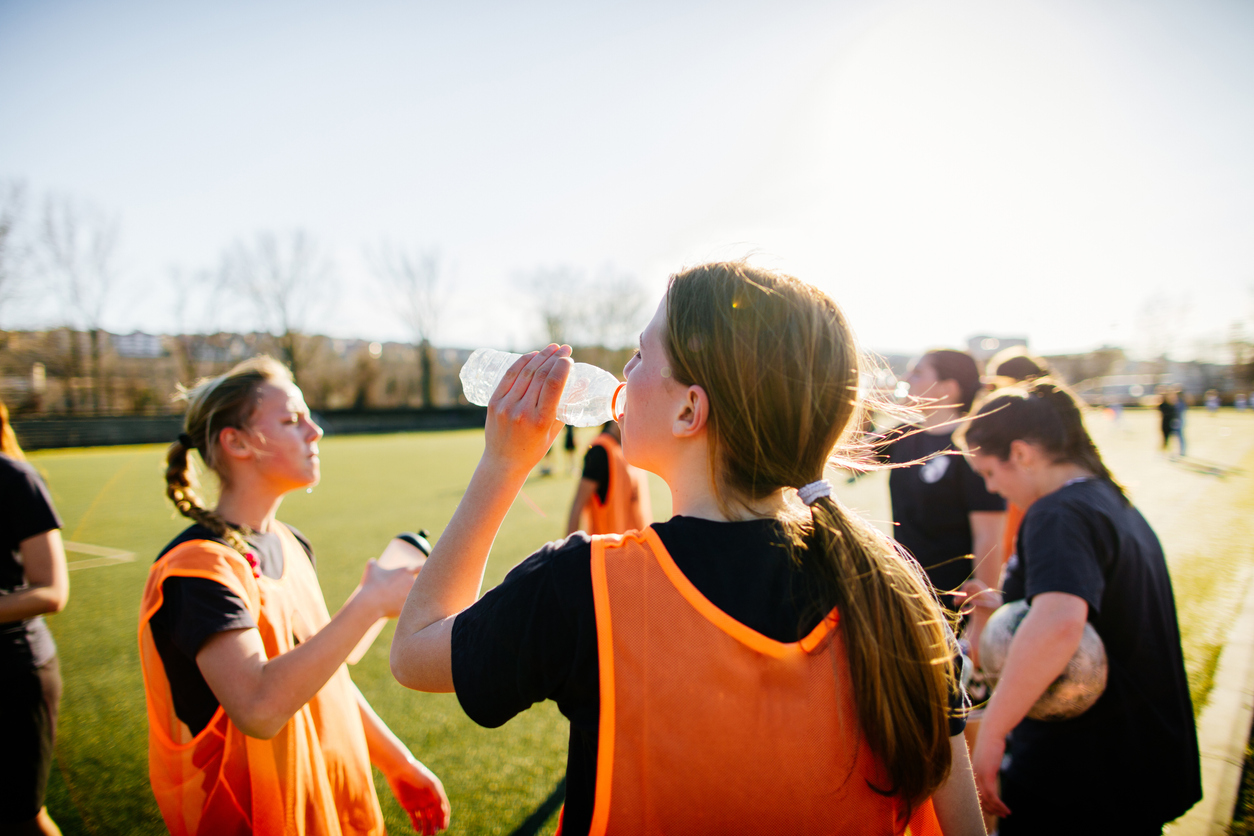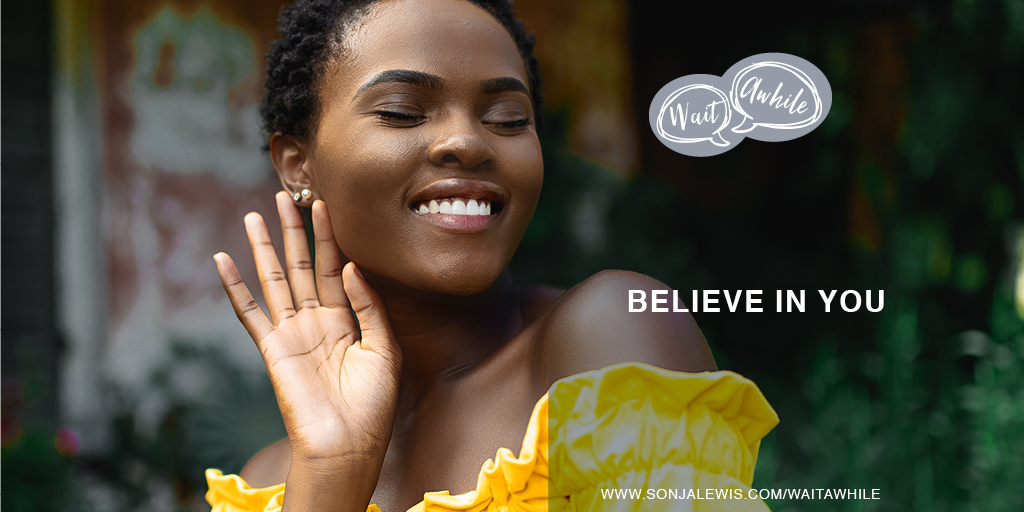Boundaries for Your Best Life Now
Boundaries. Now there is a word that sets the cats amongst the pigeons, particularly for those who don’t really have boundaries or value the boundaries of others.
When I was a teenager, the word threw me into a tizzy, even if I did understand the importance of having boundaries, not only the ones my parents set for me but also the ones I set for myself. Still, I found some of them hard to honour, mostly because of peer pressure, though I didn’t often cave into the desires of others. But when I did, the consequences were longstanding.
Take for instance, the biggest boundary disaster I had during my teen years got me into hot water with my parents and on the outs with some of my friends, too.
I won’t go into detail but upon reflection, had I honoured my own boundaries, even withstanding the ones that my parents clearly set out, I would have saved myself a lot of trouble and maintained a friendship that meant a lot to me.
In hindsight, however, I only have myself to blame. Caving into peer pressure led to being irresponsible and broken trust and broken relationships all over the place. Likely my reputation suffered a bit too.
Though much has changed since I was a teenage girl, such as the widespread use of technology, many of the issues are still the same—peer pressure is one of them.
It is all about being liked, reminds Lindsey Turnbull, guest of UIO’s On Girls Rights. Everyone wants to be liked.
I can vouch for that. But here is the thing: dishonouring your boundaries doesn’t guarantee being liked. It might backfire, as it did for me all those years ago.
It is important to like yourself, says Lindsey, who is founder of Miss Heard Media. The more you like yourself, the easier it is to say no to things that don’t serve you. Another way of seeing this is that having boundaries protects you from situations that do not serve you.
Further to this, Dr Henry Cloud and Dr John Townsend says in their New York Times bestselling book, Boundaries, that boundaries define us—what is me and what is not me.
This, I can attest to. After my big disaster, I often had to dig deep and stand my ground if something just wasn’t me and I still do. This understanding of boundaries continues to help me navigate difficult situations. Though I don’t always get it right, being tuned into my own values helps me to take responsibility for my own life experiences.
Nonetheless, taking ownership isn’t always easy. It is much easier to cast blame. It’s this person’s fault or that person’s problem. The flipside is feeling guilt and taking on someone else’s problem. In this case, they likely haven’t set boundaries and you are dishonouring yours by taking on the issue.
Make no mistake about it, friends show-up for friends in need but it doesn’t have to be at the expense of values and boundaries.
According to Lindsey, the key is to self-reflect and review your values, which play a huge role in setting boundaries, as does character. This helps to curate your space, not only online but also your physical space.
Boundaries can be considered in all aspects of life ranging from the content you put online to who you follow online and what you read. You can use boundaries, for example, to block content that makes you uncomfortable or report it is as abuse. In our On Being a Teen Girl Now podcast, Leah and Divaina talk about the inappropriate content that targets teenage girls about body image. While you might not be able to eliminate it completely, you can honour your boundaries and not read it or report it.
And, understanding that body image is about more than how you look helps you to like yourself more and live out your values—exercising, eating well, sleeping better and so on.
The thing about being young, Lindsey says, is that taking care of yourself does not have to be so regimented. Exercise can be running and jumping in the park or having fun with your friends on a sports team.
In other words, tap into your childhood spirit for as long as you have it, all the while setting boundaries, honouring them, and living your best life intentionally now. For more about boundaries and dealing with peer pressure, listen to On Girls Rights and Peer Pressure Inside Out with Full Circle Author Natalie Savvides.






